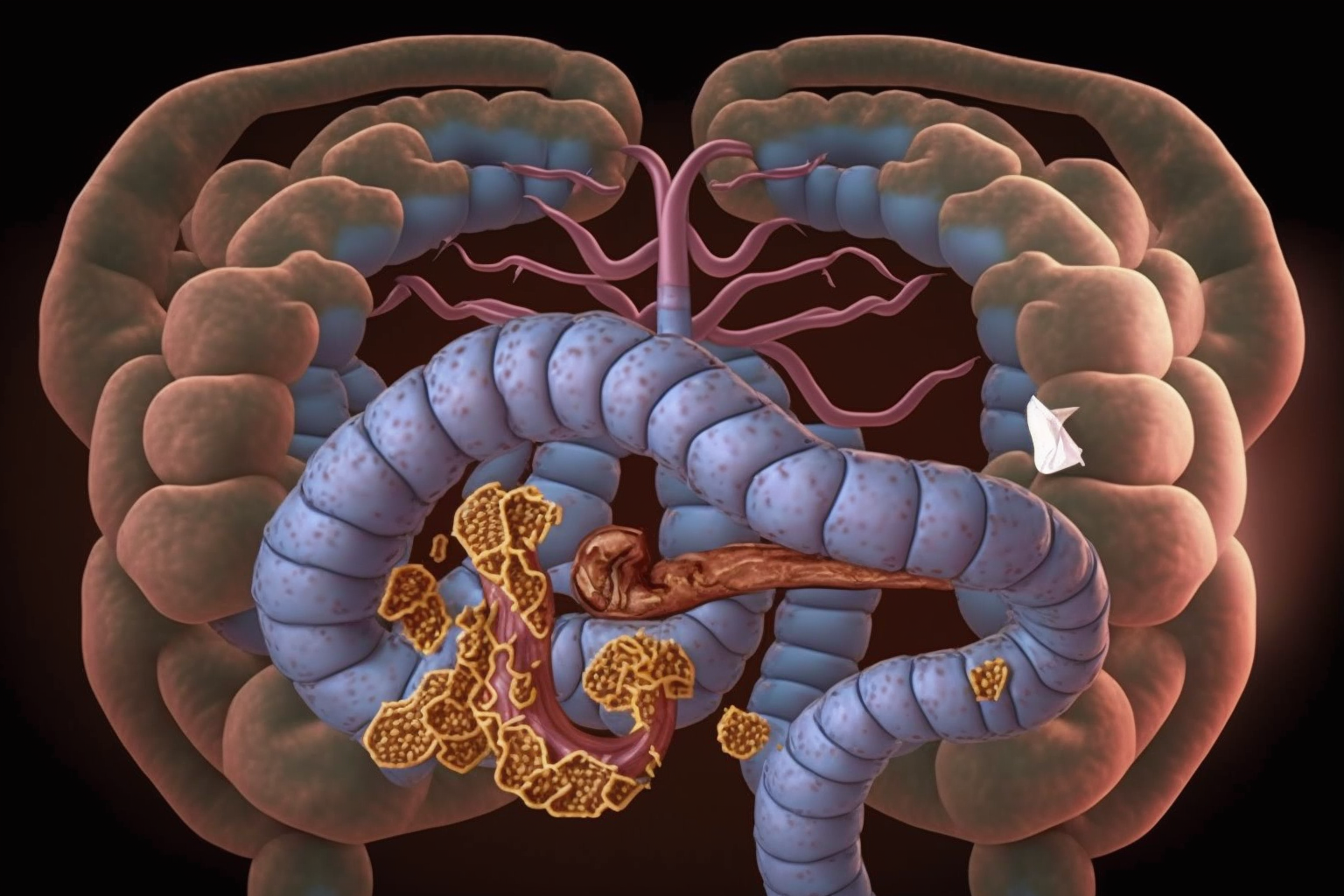Mainz Biomed (NASDAQ:MYNZ) announced highly positive results this week from its ColoFuture clinical trial evaluating the integration of novel mRNA biomarkers into its ColoAlert screening test for colorectal cancer. The results demonstrated ColoAlert’s strong performance for detecting colorectal cancer and advanced adenomas, while also identifying promising biomarkers to further improve early detection capabilities.
The ColoFuture study is a multi-center international trial assessing whether integrating recently acquired mRNA biomarkers from Université de Sherbrooke can enhance ColoAlert’s sensitivity and specificity profile. ColoAlert is Mainz’s flagship product, a simple yet highly accurate home-based test using stool samples to detect colorectal cancer and advanced precancerous adenomas.
The product is already commercialized across Europe and select international territories. However, ColoFuture aimed to identify ways to further extend ColoAlert’s technical capabilities in preparation for an upcoming U.S. clinical trial that could lead to FDA approval.
Interim analysis from the ColoFuture trial included 220 subjects across centers in Germany, Norway and Denmark. On the primary endpoints for colorectal cancer detection, ColoAlert achieved 94% sensitivity and 97% specificity after integrating the novel mRNA biomarkers.
For identifying advanced adenomas, a key precursor to cancer, the updated test demonstrated 81% sensitivity. According to Mainz Biomed CEO Guido Baechler, “The power to detect lesions in a pre-cancerous stage can change the entire CRC diagnostic landscape. If advanced adenomas are identified early, they are curable.”
The positive data catalyzed strong trading volume as Mainz Biomed’s stock price rose 15% on over 1.5 million shares traded. The market enthusiastically welcomed the results.
The mRNA biomarkers evaluated in ColoFuture were specifically selected from research at Université de Sherbrooke. Published analysis of the biomarkers showed ability to detect signals from patients with either colorectal cancer or advanced adenomas. Mainz Biomed acquired these biomarker rights in January 2022.
By treating patients before polyps progress to cancer, integrating these biomarkers into ColoAlert could help prevent colorectal cancer altogether. This could greatly improve patient outcomes and reduce the burden of this deadly disease.
The positive data provides validation of ColoAlert’s accuracy as a non-invasive screening tool. It also gives Mainz Biomed multiple novel mRNA biomarkers to integrate into its upcoming U.S. clinical trial, dubbed ReconAAsense, which could support FDA approval under the PMA pathway.
According to Baechler, “As we look forward to publishing and presenting the full dataset, we eagerly await the outcome from our ReconAAsense clinical trial which remains on track to report results in Q4 of this year.”
With colorectal cancer remaining a leading cause of cancer deaths, early detection is critical. ColoAlert offers a simple, at-home solution that people can easily incorporate into routine wellness screenings. The new biomarkers identified in ColoFuture could make the test accessible to even more patients.
Mainz Biomed continues to spearhead innovation in the field, leveraging the latest advances in genetics to improve detection. The impressive ColoFuture results provides further validation of ColoAlert’s accuracy, while also charting a path forward to commercialization in the U.S.
With pivotal FDA trial data on the horizon, Mainz Biomed is positioned to disrupt the market, offering an easy yet cutting-edge approach to potentially save lives through early colorectal cancer detection.
